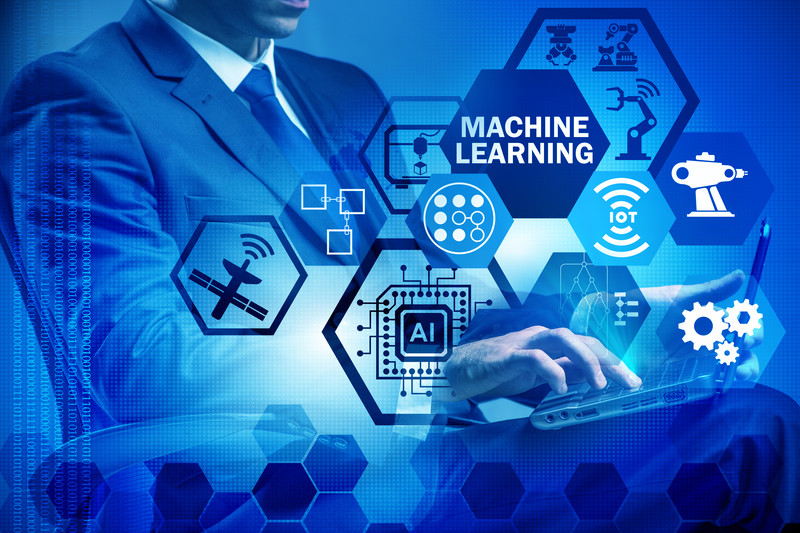Data entry is one of the most time-consuming jobs in any office setting. For this reason, majority of the companies look forward to data entry automation to get accurate data in a short period of time and reduce manual errors in reports. Data inaccuracy and duplication of data are the major concerns of businesses worldwide.
Greater Demand for Accuracy and Speed
The increasing requirements for greater speed without accuracy problems, and the need to save time spent on manual data entry make business owners and analysts consider automating their processes. This has led to the development of a new form of business process automation called RPA or robotic process automation that can handle repetitive tasks of employees with minimum human input. It also helps employees focus elsewhere on their daily to-do lists. Businesses that do not want to invest in in-house resources for automation can consider a reliable provider of data conversion service that already has the necessary resources and capabilities.
How Machine Learning Helps
Machine learning (ML) is an application of artificial intelligence (AI), which is the scientific study of algorithms and statistical models that allows software applications to become more accurate in predicting outcomes without being explicitly programmed. ML provides systems the ability to access data automatically and use it to learn and improve themselves from experience. Machine learning algorithms play a vital role in receiving input data and use statistical analysis to predict output data. ML programs use this discovered data to improve the process of documentation and data entry tasks. Machine learning is useful to trawl through a huge amount of data and find very hard-to-spot patterns or graphical details. This technology is one of the fastest growing and most advanced technologies in the industry today.
The Future of Data Entry Is Already Here
Machine learning assists in data entry automation. Automated data capture software recognizes any type of form or document and automatically enters data into the appropriate fields in a database. The automated data entry software increases productivity by saving enormous amount of time and reduces costs. It also makes data entry services effortless by eliminating possible human errors. The application is very useful to all leading content management solutions, healthcare organizations, pharmaceutical companies running clinical trials, law firms, insurance companies, remote sales offices, and any other industry that processes a large number of forms every day. The software can also be used for mass data entry or document generation such as mass emails. It can analyze and process lists and other data. You’ll first need to assess which processes and operations can be automated with the technology. Then, you’ll need to train your workforce, including data entry professionals, to operate alongside such tools. Data entry automation cuts down the turnaround time of a project.
Providers of data conversion services understand that machine learning helps businesses stay abreast with competitors. Machine learning algorithms can more efficiently identify data patterns and trends and generate different scenarios. These methods can be used not only for structured data, but also for unstructured data including emails and logs to extract valuable information. There is no doubt that ML in data entry, with its capability to predict scenarios, can help businesses adapt to changing market conditions and also understand the changing customer behaviors and needs.




